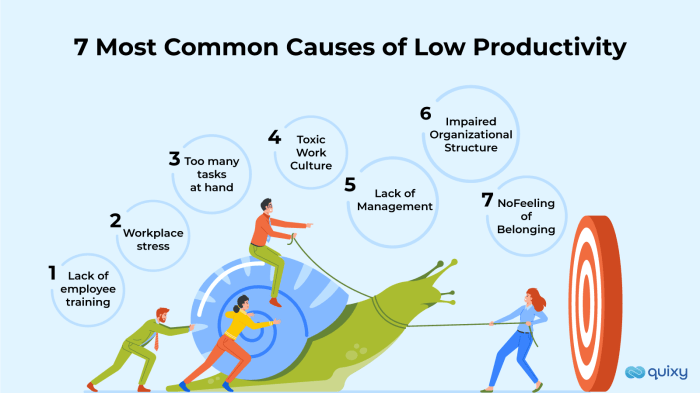Ricky’s job satisfaction is low. He is likely to experience a range of negative consequences as a result, both for himself and for the company. This article will explore the causes and impact of Ricky’s low job satisfaction, and discuss strategies for improving it.
Low job satisfaction can have a significant impact on an employee’s performance, motivation, and commitment to their work. In Ricky’s case, his low job satisfaction is likely to lead to decreased productivity, increased absenteeism, and a higher likelihood of errors.
This could have a negative impact on the company’s bottom line, as well as on the morale of the team.
Ricky’s Job Dissatisfaction: Causes and Impacts: Ricky’s Job Satisfaction Is Low. He Is Likely To

Ricky, a valued employee at XYZ Company, has expressed low job satisfaction. This raises concerns about his performance, retention, and the overall well-being of the organization. Understanding the causes and impacts of Ricky’s dissatisfaction is crucial for developing effective strategies to address the issue.
Job Dissatisfaction Causes
Several factors can contribute to employee dissatisfaction, including:
- Work Overload: Excessive workload, unrealistic deadlines, and lack of resources can lead to stress and frustration.
- Lack of Recognition: Employees may feel undervalued if their contributions are not recognized or appreciated.
- Poor Communication: Ineffective communication, lack of transparency, and unresolved conflicts can create a negative work environment.
- Limited Growth Opportunities: Employees may become dissatisfied if they do not see opportunities for professional development and career advancement.
- Personal Issues: Personal problems, such as financial difficulties or family issues, can spill over into the workplace, affecting job satisfaction.
Impact on Performance, Ricky’s job satisfaction is low. he is likely to
Ricky’s low job satisfaction may manifest in several ways, including:
- Decreased Productivity: Dissatisfied employees may lack motivation and engagement, resulting in lower productivity.
- Absenteeism and Tardiness: Employees may avoid work or arrive late due to lack of enthusiasm or dissatisfaction with the work environment.
- Errors and Mistakes: Stress and low morale can lead to increased errors and mistakes, affecting the quality of work.
FAQ Compilation
What are the most common causes of low job satisfaction?
The most common causes of low job satisfaction include: lack of recognition, poor communication, lack of opportunities for growth, and a negative work environment.
What are the consequences of low job satisfaction?
Low job satisfaction can lead to decreased productivity, increased absenteeism, and a higher likelihood of errors. It can also damage morale and lead to employee turnover.
What can be done to improve job satisfaction?
There are a number of things that can be done to improve job satisfaction, including: providing recognition and rewards, improving communication, providing opportunities for growth, and creating a positive work environment.

